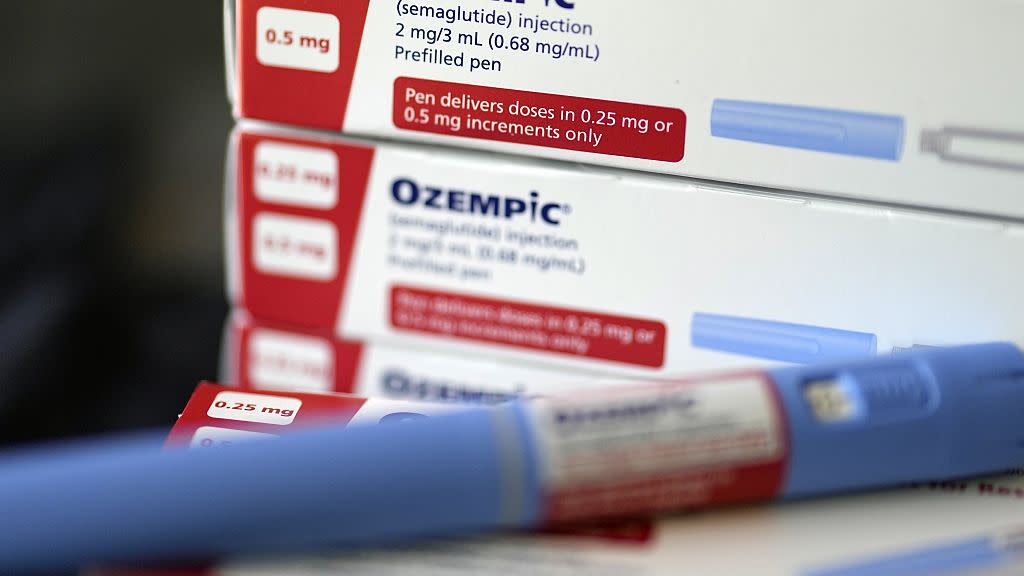In recent years, the growing popularity of weight-loss drugs such as Ozempic, Wegovy, and Mounjaro has signaled a significant shift in the approach to managing obesity and related health conditions. Originally developed for type 2 diabetes management, these medications—known as GLP-1 receptor agonists—have shown dramatic weight-loss benefits, leading to widespread use and increasing demand across various populations.
This trend is not only reshaping how individuals manage their weight but also influencing broader public health outcomes, economic factors, and medical practices.
What Are GLP-1 Weight-Loss Drugs?
Medications such as Ozempic (semaglutide) function by imitating a natural hormone known as glucagon-like peptide-1 (GLP-1), which influences brain regions responsible for controlling appetite. The result is reduced hunger, slower digestion, and a greater feeling of fullness—all of which contribute to weight loss.
Although initially approved for diabetes treatment, further clinical trials revealed that semaglutide and similar drugs helped individuals lose 10% or more of their body weight over several months, prompting FDA approval for weight management under brand names such as Wegovy..
Growing Demand and Mainstream Appeal
The effectiveness of these drugs has fueled soaring demand. Celebrities, influencers, and even tech moguls have publicly endorsed their use, contributing to the so-called “Ozempic craze.” As a result, pharmacies have reported shortages, and some patients have faced difficulties accessing their prescribed medications.
What was once a treatment confined to diabetes clinics is now gaining traction as a mainstream solution to obesity—a condition that affects over 40% of U.S. adults, according to the CDC. The shift reflects a growing recognition of obesity as a chronic medical condition rather than a lifestyle issue.
Public Health Implications
The increasing use of weight-loss drugs has wide-reaching implications for public health. By helping individuals lose significant amounts of weight, these medications can reduce the risks of serious conditions such as:
- Type 2 diabetes
- Hypertension
- Heart disease
- Sleep apnea
- Certain cancers
Healthcare experts believe that the widespread use of GLP-1 medications could lead to a reduction in obesity-related healthcare costs and hospitalizations over time. Some insurance companies are now beginning to cover these drugs for obesity treatment, acknowledging their long-term health benefits.
Ethical Concerns and Accessibility Issues
Despite the promise these drugs hold, they have sparked important ethical and practical questions. One concern is equity in access—many people who could benefit from these medications cannot afford them, as prices can reach over $1,000 per month without insurance coverage.
Additionally, some critics argue that the emphasis on pharmaceutical solutions may overshadow efforts to promote healthy lifestyles through diet, exercise, and mental health support. Experts warn that while drugs like Ozempic can be powerful tools, they should be part of a broader, sustainable approach to health.
Side Effects and Long-Term Considerations
While GLP-1 medications are typically well-tolerated, they can cause side effects like nausea, vomiting, and digestive issues in some users. Long-term effects are still under study, and medical professionals caution against off-label or unsupervised use.
There’s also growing concern over psychological effects—some users report changes in their relationship with food and body image, which may require additional mental health support as part of treatment.
The Future of Weight Management
The growing use of Ozempic and related drugs represents a significant shift in the battle against obesity. Pharmaceutical companies are investing heavily in the next generation of weight-loss drugs, some of which promise even greater efficacy with fewer side effects.
Meanwhile, public health agencies and medical professionals are re-evaluating weight management guidelines to incorporate these medications as part of comprehensive treatment plans. Educational initiatives are also emerging to help patients understand the safe and effective use of these drugs.
Conclusion
The surge in popularity of weight-loss drugs like Ozempic is reshaping the landscape of public health and obesity treatment. While these medications offer new hope for millions struggling with weight-related issues, their long-term success will depend on equitable access, responsible use, and integration with lifestyle changes and holistic care.
As the science evolves, so too must our approach—ensuring that the benefits of these groundbreaking treatments reach all who need them, and that public health strategies adapt to this transformative moment in medicine.




